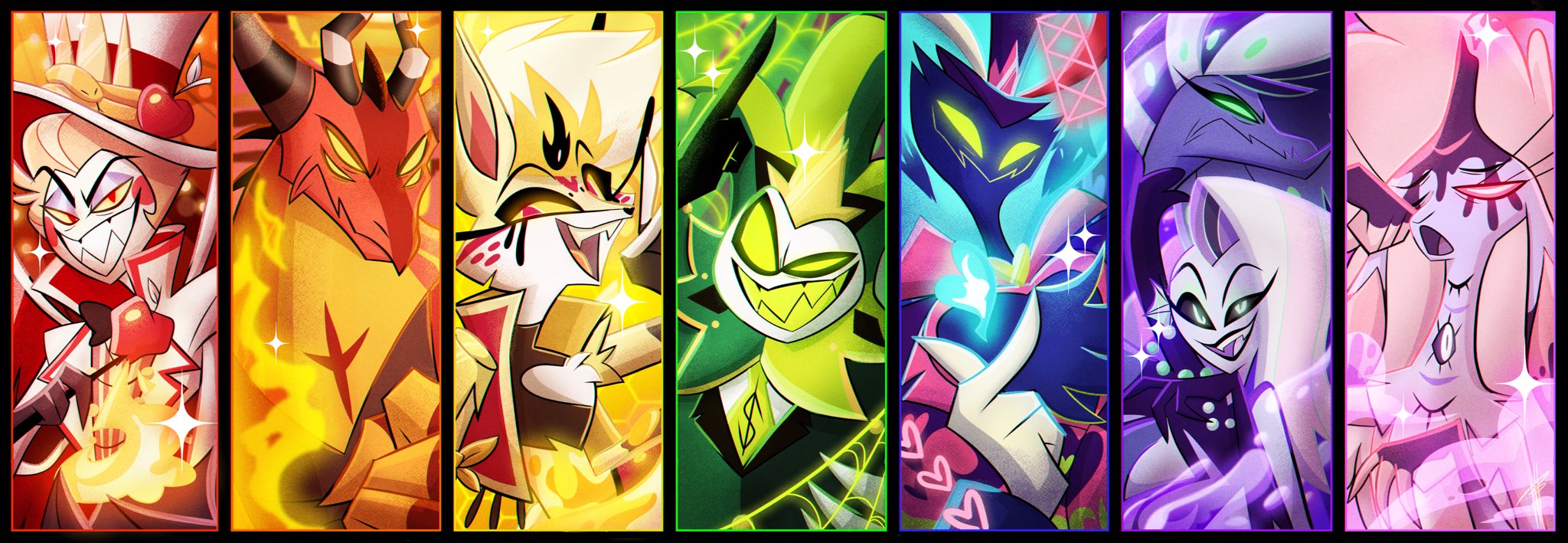Conina said:
How would such a system work? Who pays for the machines, buildings, materials...? Each worker equaly? What about workers who can't afford their share? How would the benefits be distributed? And would you trust everyone of your co-workers to treat everyone else fairly and in the same way? |
The same way co-ops, credit unions, and other entities collectively owned by their workers and/or customers do right now. These things already exist and have demonstrated their viability.
I guess it really is easier for most to imagine the end of the world than the end of capitalism.
In any case, we can do better than the current power dynamic, which has stacked the deck against the working class. And I'd trust my fellow workers more than I'd trust some executive I've never met who would discard me in a moment's notice because they thought cutting jobs was the best way to maximize profits this quarter. "Fairness" doesn't exist to the capitalist class, nor does "justice." The only thing that matters to them is growing profits. They've already demonstrated they cannot be trusted to do the right thing.
Since this forum is dedicated to video games and the "AI" issue is usually looked at in regards to its impact on entertainment, let's stick to that industry. Every single thing we complain about with our entertainment is a direct consequence of the profit motive. Tired of endless film reboots? Hate how aggressive monetization is ruining games? Angry that a good show you enjoyed got canceled? Blame capitalism. The goal of a film studio or game publisher is to generate ever-growing profits for the shareholders, not to produce art & entertainment for the sake of art & entertainment. Art, film, music, literature, video games, and the people who do the actual labor to create those things are viewed purely as commodities. Everything people like Bobby Kotick and David Zaslav did during their careers was for the sake of profit, and there's countless others like them throughout the entertainment industry.
Looking at gaming specifically, console gaming and "AAA" gaming in general hit a brick wall years ago and has more or less stopped growing. Now it's mostly just competition for market share in a market of more or less fixed size. If your goal is to grow profits but you're not selling any more systems or games, you have to find new revenue streams. That's where "live service/GAAS" games come in. Microtransactions, battle passes, and the like cost relatively little to make yet are sold at a massive markup, and guarantees continued revenue from the "whales" over the course of the game's life. So many games were turned into highly-manipulative microtransaction delivery systems because some executive saw dollar signs.
The profit motive is also why "crunch" exists, because the publishers need to maximize productivity as much as humanly possible, even if it's to the detriment of the workers. The increased complexity of games means larger teams and longer dev cycles and therefore greater labor costs, so the studios are incentivized to squeeze the most they can out of their labor force, even it results in burn-out, negative impacts on mental & physical health, and other deleterious effects. If it wasn't for the fact that a video game takes actually skilled labor to make, the Bobby Koticks of the world would have long since hired sweatshop laborers paid $5 a day to make their games, all while biding their time to replace even those workers with an "AI" algorithm that could do all the work.
And this is just our entertainment. There are things of far greater importance run by people with the exact same mentality as film or gaming executives. Look at what the energy sector has done to our environment. Look at how tobacco companies harmed the health of millions of people across multiple generations. Look at how our for-profit health care system has put money over lives, giving the U.S. a health care system that costs far more per capita than most other peer nations yet produces objectively worse outcomes. Look at how the automobile industry has devastated our cities and our environment. Look at how the firearms industry has turned this nation into a bloodbath, with people getting slaughtered in the streets, in schools, in workplaces, and so on on what is now a daily basis.
The long, sordid, exploitative history of capitalism has shown that businessmen can and will do anything they think they can get away with in order to make a buck, no matter the consequences to society. This is what inevitably happens when economic power is concentrated into the hands of a few powerful people.
Now, tell me again how workers are supposed to trust each other less (or at least no more) than they can trust the executives currently calling all the shots.









































 Art by Hunter B
Art by Hunter B




















